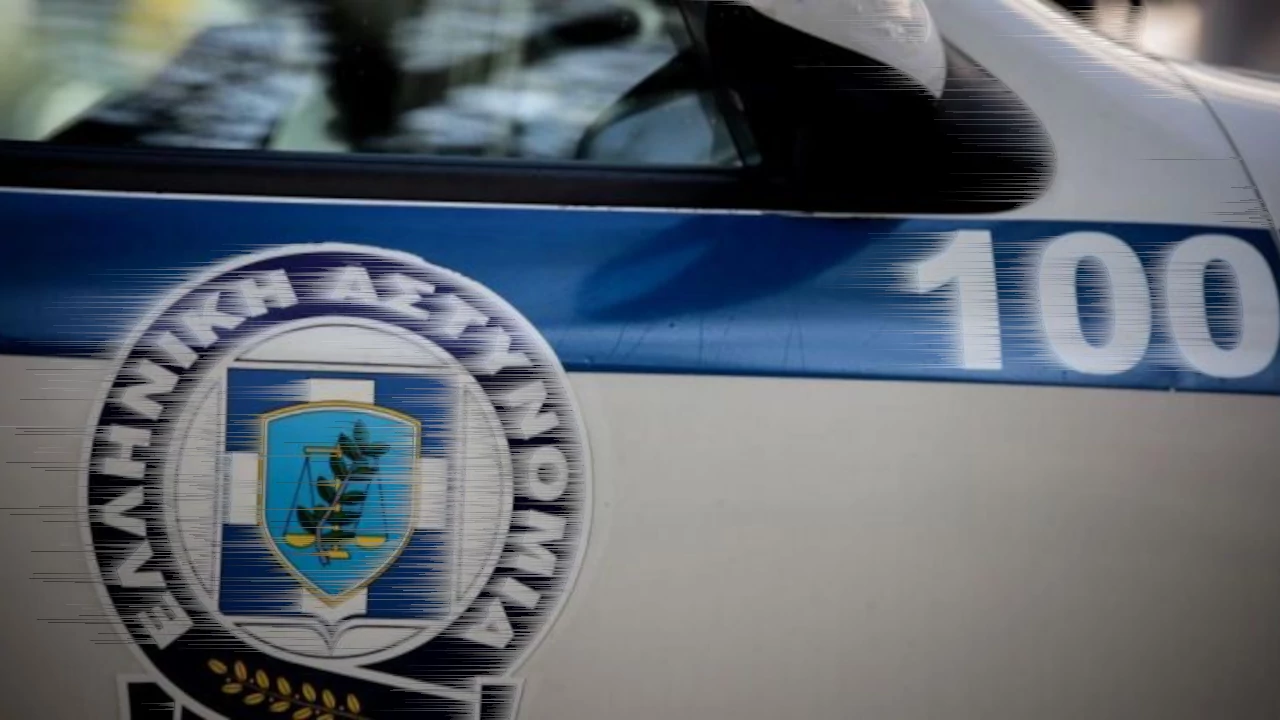The far-left terrorist group “Revolutionary Class Self-Defense” claims responsibility for a bombing outside Hellenic Train, dedicating the attack to Palestine.
A recent bombing outside the offices of Hellenic Train on Syngrou Avenue in Athens has once again brought domestic terrorism to the forefront. The far-left group “Revolutionary Class Self-Defense” (Επαναστατική Ταξική Αυτοάμυνα: ETA) claimed responsibility through a manifesto published on Sunday, April 13, stating that the attack was carried out in solidarity with the Palestinian people and their “heroic resistance.”
The group also linked this latest attack to a previous bombing at the Ministry of Labor in February 2024, framing both actions as part of a broader ideological battle against state repression and capitalism.
In its manifesto, ETA builds its justification around two main themes: the domestic class struggle and the oppression of the Palestinian people. The attack on Hellenic Train is presented as a response to what the group calls the “state-capitalist crime of Tempi”—a reference to the tragic 2023 train crash that claimed 57 lives, attributed to systemic failures and privatization-driven policies.
The “Revolutionary Class Self-Defense” cites workplace fatalities and injuries as evidence of structural exploitation, blaming a capitalist system backed by state mechanisms. It further connects these issues with international struggles, specifically condemning Greece’s role in what it calls the “genocidal war” in Palestine due to its alliances with Israel and the United States.
Ethics Under Scrutiny: Can Terror Serve Solidarity?
ETA’s actions have reignited debate over the rationale and ethics behind such violent acts. Can placing bombs in Greek streets genuinely serve the Palestinian cause? How does a bomb backpack on Syngrou Avenue help the people of Gaza?
Critics argue that using the Palestinian resistance as ideological cover for domestic terrorism does more harm than good. Rather than striking global imperialism, these attacks directly threaten the very society the group claims to defend. The invocation of tragedies like the Tempi crash or labor exploitation appears more as a pretext for creating internal instability than a genuine call for justice.
It is deeply contradictory to accuse the state and corporations of devaluing human life while simultaneously planting explosives in public areas. The group’s concept of “resistance” becomes an attack on the public it purports to protect. The question remains: whose society are they fighting for?
Investigation Ongoing
Meanwhile, the Greek Counter-Terrorism Unit is intensively investigating the case. Dozens of surveillance videos from the area are under review, with the focus on two individuals: one believed to have placed the bomb and another who allegedly assisted. Both reportedly fled toward central Athens after the attack. Authorities expect developments in the investigation soon.
Interestingly, the acronym of the terrorist group in Greek is ETA, echoes the Basque separatist group Euskadi Ta Askatasuna (Basque Homeland and Freedom).
